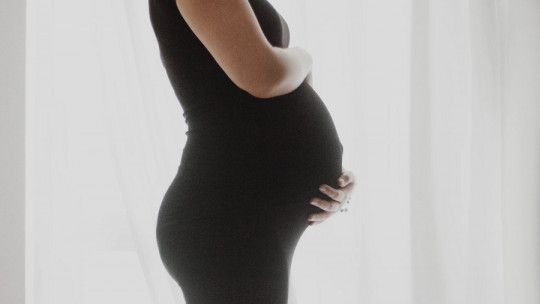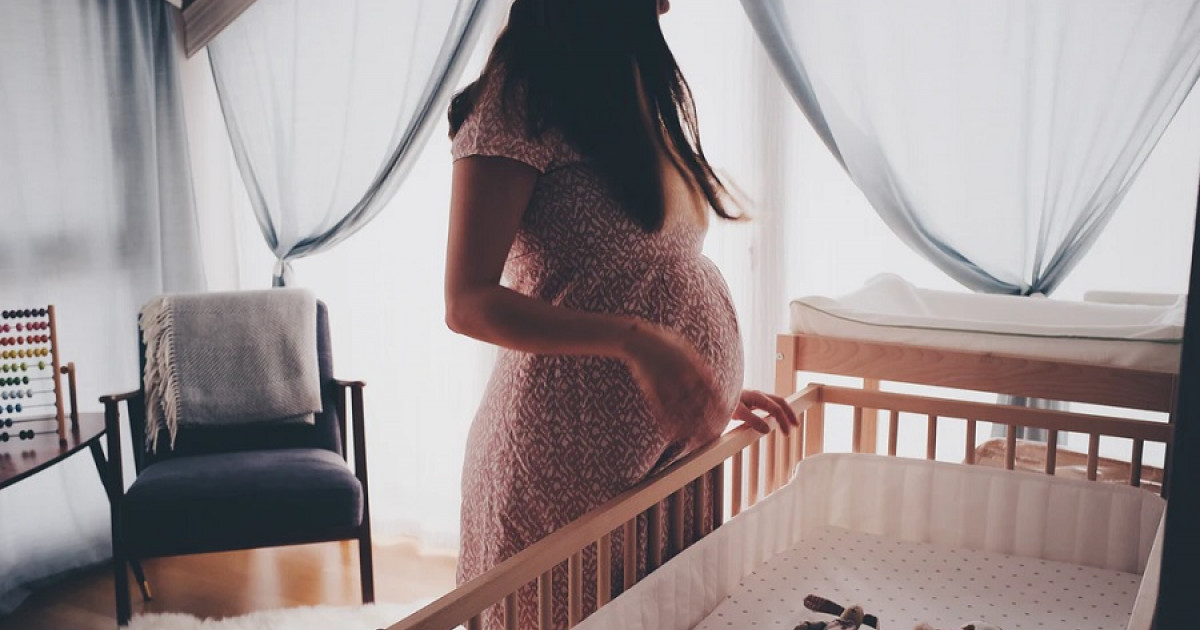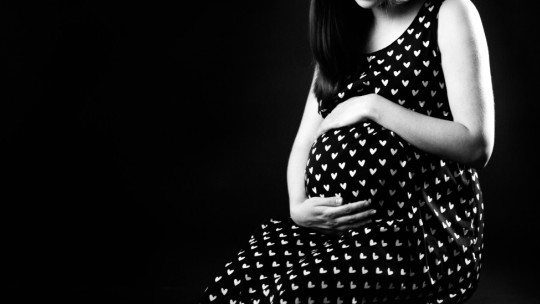
Motherhood is an experience that, although it can provide a very exciting experience, can also go hand in hand with somewhat more negative changes or emotional imbalances that are difficult to manage. That is why perinatal psychology intervenes not only before and during pregnancy, but its functions also accompany fathers and mothers during the first months after birth.
In this article we will see what they are the main emotional, cognitive and relational changes that a woman can experience after becoming a mother.
Why can being a mother generate rapid psychological changes?
Two types of transformations in a woman’s life coincide with motherhood. On the one hand, a process of changing your bodywhich readjusts to the absence of a fetus in the uterus and everything that this entails from an anatomical and hormonal point of view.
For the other, a change of roles: with the emergence of the role of mother, many care responsibilities must be included in the day-to-day life, which also tend to be unbalanced in comparison with the father (if there is one) due to the dynamics of gender inequality.
This combination of factors, which in turn have a wide variety of ramifications and possible causes of problems, can make the first steps in motherhood challenging, or even accompanied by a drastic reduction in mental health. In cases of this kind, the problem is not the fact of having gone through a birth or the care and upbringing routines of the child, but rather other complications in the way of living that experience. That is why With professional psychological help it is possible to overcome these kinds of difficulties.
And, on the other hand, we must not forget that not everything is negative: many of the psychological changes that accompany motherhood are very exciting and stimulating, as we will see later.
Frequent psychological changes after becoming a mother
Here we are going to focus on the most common changes; Of course, some of them rarely occur at the same time, and they do not have to be present in the motherhood experience of all mothers.
1. Problems coping with stress
Stress arises both from the need to take on more tasks and from the fear of something going wrong.. After all, babies are totally dependent on adults and are very vulnerable to injuries, to which we must add that they cannot clearly express what happens to them when they suffer a health complication. This ambiguity and lack of information causes some mothers to adopt a predisposition to pessimism or to the belief that the baby is constantly warning that something bad is happening.
2. Excitement about motherhood
The fact of having concrete goals in the task of raising and educating the boy or girl makes many mothers feel very happy about this new project, which offers them incentives in the short, medium and long term. There are some hormone release mechanisms that predispose them to feel satisfaction during visual contact with the baby and physical contact with him.

3. Insecurities associated with the role of mother
As I have anticipated, gender roles leave an important mark on the experience of motherhood. Mothers feel pressure to be exemplary in their caregiving tasks, and this It can make them feel guilty or their self-esteem suffer if they believe they “don’t measure up.” in the eyes of society, even though in their opinion they give the baby everything it needs.
4. The need to be alone increases
The workload makes it very common for mothers to start appreciate solitude much more, the possibility of getting away from everything and everyone and having time for yourself. And these kinds of moments become less common, which also makes it difficult to maintain hobbies that require introspection and solitude.
5. A rapid evolution of your identity
Many women who have a baby for the first time begin to consider the concept of “mother” a core part of their identity., something that they had not considered could happen. That is to say, they begin to want to interact mainly with other mothers, they consult media linked to motherhood and family maintenance, they let everyone know that they are mothers and they express it clearly on their social networks… This means that in some cases Friendships change in a matter of a few months.
Uncommon psychological changes after becoming a mother
The change processes that we will see below are relatively less frequent than the previous ones, but some of them are far from being rare. Let’s see what they are.
1. Feeling of guilt
Some mothers feel guilty not only because they feel that they are not able to address all the responsibilities of their new role (something very common), but for not feeling enough excitement about new motherhood or enough connection with the baby. This is partly due to the system of strong expectations that revolve around the mother’s role as caregiver, one of the forms of manifestation of sexism. The simple fact of not feeling a qualitative emotional change in yourself before and after becoming a mother may be enough to assume that you have done something wrong.
2. Postpartum depression
Postpartum depression, which It is estimated that it affects around 15% of women who have had a baby.has biological and psychosocial causes.
After birth, a series of rapid changes occur in the hormone release patterns in the body, and this can cause an imbalance that is expressed in an imbalance in mood.
But in addition, to this we must add the need to psychologically manage everything that happened during the hours of delivery and right after, with the fear of knowing if the baby is well or has some illness, and the stress of returning home and starting to live in a totally new way. All of this can upset the mother a lot emotionally, and In this state of vulnerability, it is not unusual for a “domino effect” to occur with other types of problems and challenges..
3. Body dysmorphia
Some mothers feel very bad about their bodies after giving birth, and they are always waiting to see if, as the weeks go by, their skin regains its firmness, their breasts look like they did before, etc. This leads to obsessive thoughts and self-checking behaviors which, in extreme cases, facilitate the appearance of body dysmorphic disorder.
Are you looking for psychological support in therapy?
If you are interested in having psychological assistance for mothers, contact me.
I am a General Health Psychologist and I work caring for people of all ages. The sessions can be done in person at my office in Valencia or through the online therapy modality.








